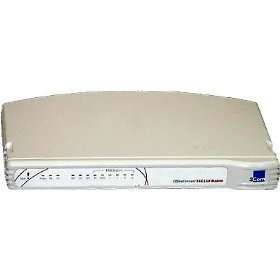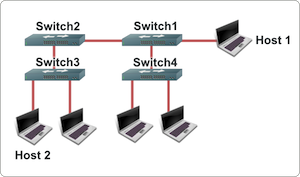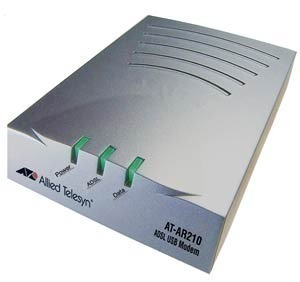ISDN – otherwise known as integrated services digital network – is a digital phone connection that can transmit data, voice and video over a normal telephone line. It was meant to be a method of transmitting information much faster than a typical analog phone; however, the phone industry was able to survive the arrival of the ISDN and these days, is stronger than ever. Therefore, ISDN has diminished in use; however, those that do provide it as a service target high-traffic businesses that need the ability of sending information and making calls simultaneously.
Benefits of ISDN
There are a handful of benefits that a business should consider when looking into ISDN. Because of its ability to send information faster and to do more at the same time, it is more expensive. However, it has been argued by some that use it that the cost is easily remedied due to the superior service. Here are a few benefits of using ISDN:

- Faster dial up: It takes only 1-3 seconds to connect in comparison to an analog phone.
- Digital: Because it is digital, it can provide information 64 kbps consistently.
- Multi-mode: This means that a single channel can transmit whatever is needed: voice, data or video.
Because of these benefits, businesses have found that it is cost effective to use ISDN. However, the big problem people have is determining what type of ISDN modem to go with. There are so many around to choose from and some are incredibly expensive.
ISDN Modems
There are a series of things to look for when considering a purchase of an ISDN modem. First and foremost is the speed. A lot of ISDN modems have the ability to transfer using hi/fn compression; however, if there are ISDN modems that allow for Microsoft compression, more can be transferred per second. Therefore, finding one that has Microsoft compression built in is a good choice when buying.
Another thing to look for is the number of ports. The larger the modem, chances are, the more ports that it is going to have. However, because the modem has a max amount of transfer speed, the more ports, the less each individual port can handle. Therefore, if the speed is high, it is not a bad idea to move toward one that has a higher number of ports. However, if that many ports aren't needed, don't waste the money. For a smaller modem, it might have two analog ports and one digital port.
Another thing to look for is how it handles multiple different processes. The ability for the "b" channel to switch back and forth between processes is important because many things might be going on at once. For example, if a fax and a phone call are being made at the same time and then another phone call comes in, one of the analog ports will grab that last phone call. Once either the fax or the first phone call are done, a "b" channel will immediately transfer over to that port and provide extra speed and quality. Some modems, though, don't have this automatic switching which is a negative for ISDN modems.
Finally, ensure that there is a good warranty on it. Because ISDN is becoming a novelty rather than a common found phone provider, a lot of companies are getting rid of their ISDN brands. Therefore, if the warranty is bad, a consumer might be out of luck if it breaks. However, if the warranty is solid, the company will have to ensure the replacement of the ISDN. The typical warranty length for most modems is about five years.




Tobie Pretorius
Please give me a quote to purches the following:
1)ISDN PBX with the following interfaces
(a)E1 as uplink port
(b) analoge /ISDN port for connecting the subscribers
2) 3x ISDNNTBA’S (EURO ISDN)
3) 3 X ISDN phones : one has to have SMS functionality
4) 2 x isdn Fax machines
5) 2 x ISDN modems